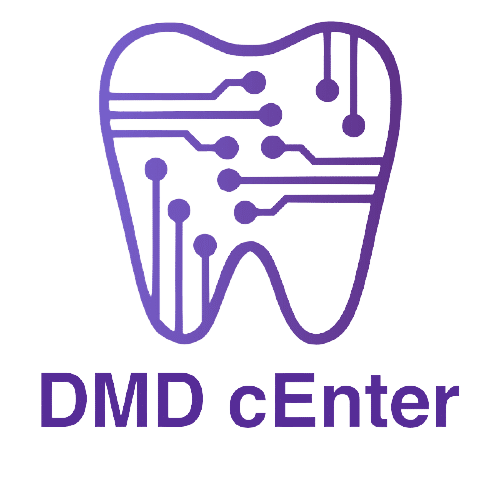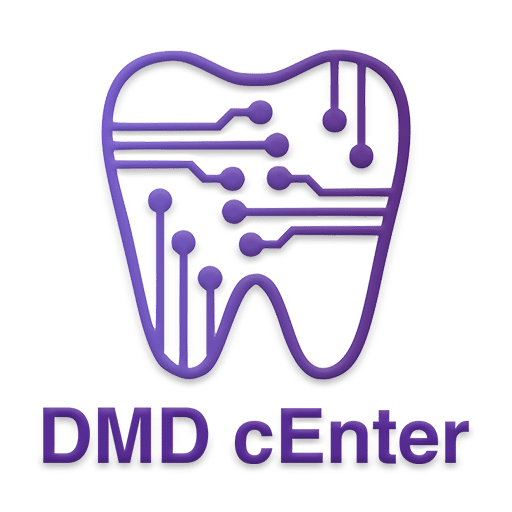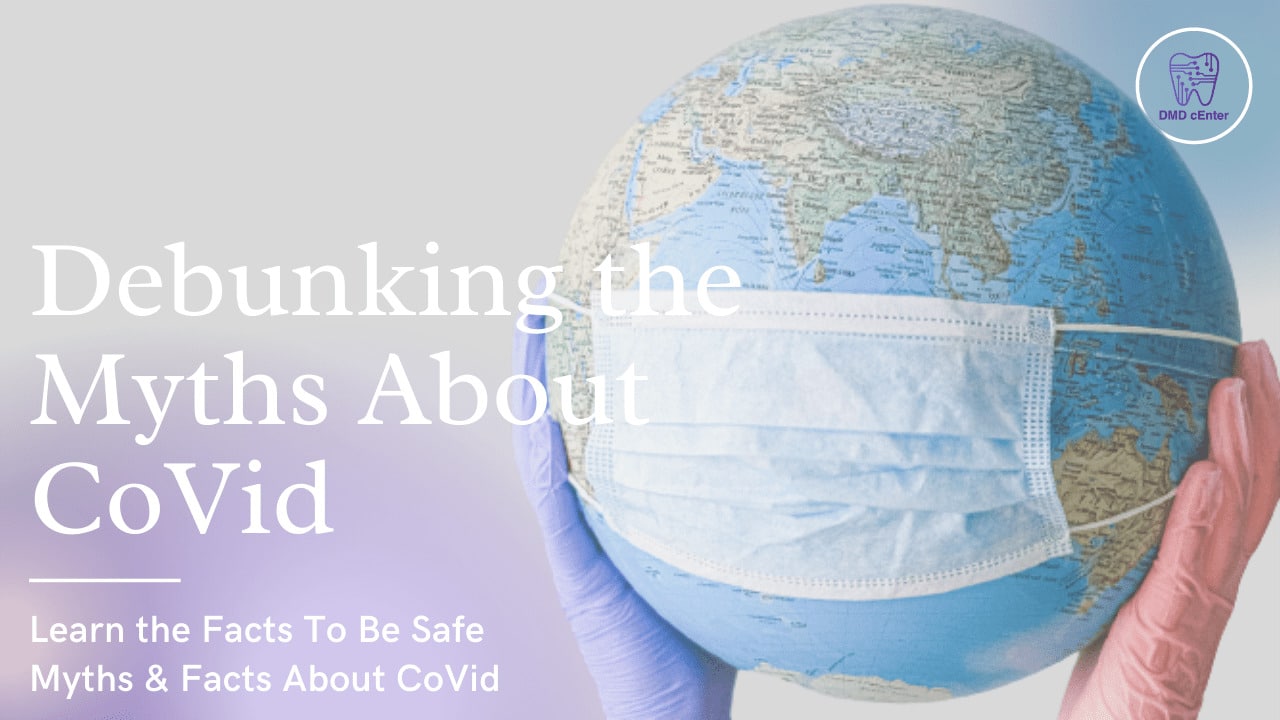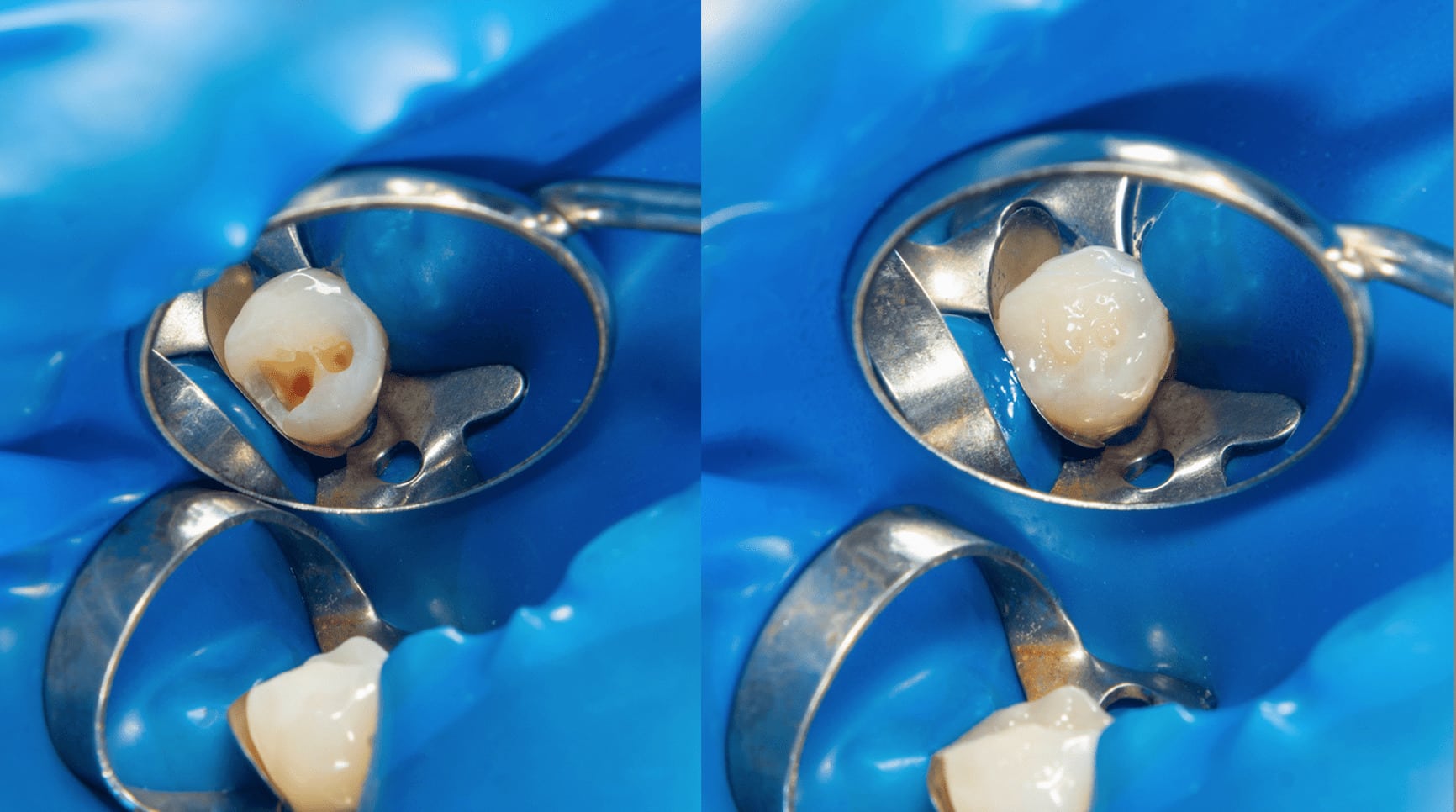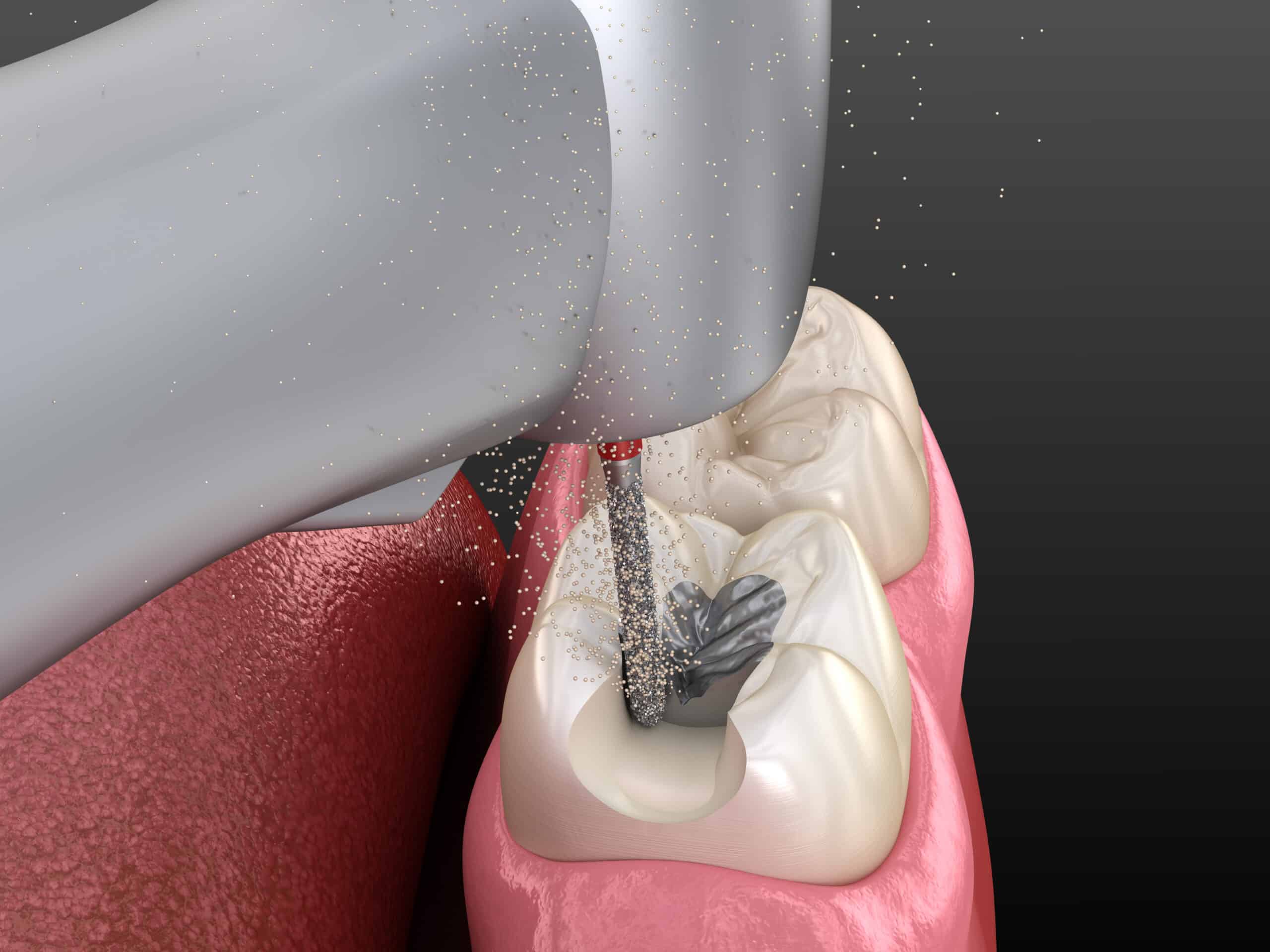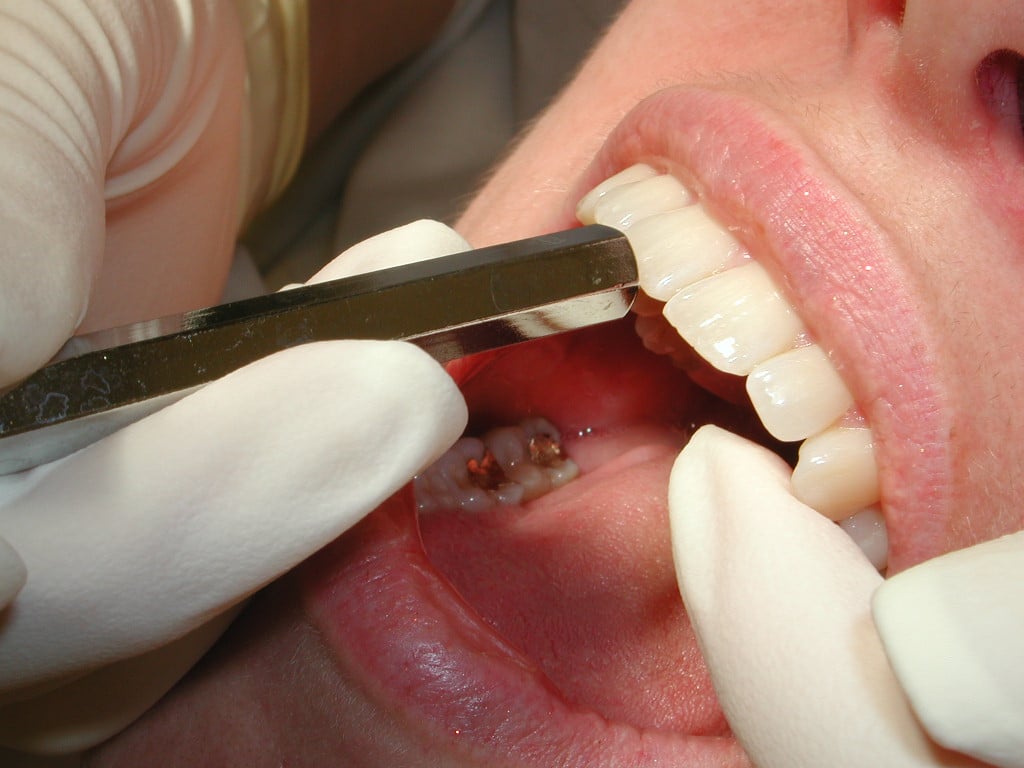DO YOU THINK GARGLING SALT WATER CAN BE AN ALTERNATIVE TREATMENT FOR CERTAIN DENTAL PROBLEMS?
Mouthwashes and other similar products are a dime in a dozen on almost every store yet for some reason most people still prefer gargling salt water solution. Most of our patients still use this natural concoction to address their sore throat, gum inflammation and/or mouth sore which are very common oral nuisance experienced by a lot of our patients. Is it really just about cost or is it because it is more effective than the solutions sold in the market, groceries or drug stores? As this type of home remedies are being advice as well all over the internet, let's discuss and delve more into it if it is truly effective and safe for our patients to use as an alternative treatment for certain oral conditions. And, if it is, what is the proper preparation? Does it have side effect?
HISTORY OF SALT FOR MEDICINE
The medical history of salt begun in the ancient times, some claims as old as 1600 B.C during the Egyptian period or as closely related to different aspects of human history as reflected on the oldest and existing medical scriptures. Salt played such a central role during those times that history show it even can affect the economy of many regions, caused wars and had a significant role in the evolution of nutrition and food. On the medicinal side, historical records showed that salt provided positive healing solution for prevention of putrefaction, reduction of tissue swelling, treatment of diarrhea and can be used as a disinfectant to name a few of its functions and uses medically during those periods. In fact, during the ancient Greek period, it was discovered for salt to have anti-inflammatory effect. And, on oral problems, sea salt was used to act as an antiseptic and anti-bacterial agent that helps remove plaque which if left untreated causes gingivitis and caries. Thus, the history of salt represents a unique example to many historians the interest of studying such a widely used dietary substance that provides a certain degree of impact to different important aspects of man's life, such as cultures, religion including medical philosophy.
SALT WATER MEDICINAL MECHANISM
As salt existed as old as human are, there are a lot of studies that evolved around it. According to one of the studies, in regard to why it is an effective preventive solution is that salt temporarily increases the pH balance of your mouth, creating an alkaline environment in which bacteria struggle to survive. Because bacteria and other microorganisms prefer an acidic environment, rinsing with saltwater can make it difficult for bacteria to breed and flourish.
Another medical discovery of how salt can be an alternative healing ingredient is its ability to help wounds to heal. It is considered as an isotonic solution, which means it is similar to our body that also contains the same salts and minerals with equal concentrations. Thus, it doesn't irritate our mucous membranes and soft tissues as mouthwashes may do when used. As such, we can consider this as one of the reasons why many prefer this than the chemically bought solutions in a bottle.
We all know traditional mouthwashes often contains alcohol and this can irritate swollen mucous membranes in the mouth. This is also the reason why many of us, dental practitioners, suggest using saline solution, also called salt water mouth rinse, to relieve the pain and swelling that comes after a deep cleaning or other dental procedures like a tooth extraction.
It is already scientifically proven that salt water rinses can address the following oral conditions:
➢ Soothe mouth sores or bleeding gums
➢ Heal a sore throat
➢ Freshen breath
➢ Loosen and remove food
RIGHT RECIPE FOR SALTWATER MOUTH RINSE
As the ingredients are almost all available in our kitchen cupboard, creating this alternative mouth wash is easy and cheap. Another reason why it is popular. However, like any natural home remedies, we need to advice our patients to do it the proper way to avoid any untoward and unexpected side effects. The American Dental Association recommends these ingredients:
➢ 8 ounces warm water
➢ 1 teaspoon salt
➢ 2 teaspoons baking soda (Optional)
PREPARATION:
1. Start by bringing 8 ounces of warm water to a rolling boil, about 10 minutes.
2. Turn off the heat.
3. Let water stand until it's cool enough to rinse with but still warm (this will better allow the salt an optional baking soda to dissolve in the next steps).
4. When cooled accordingly, place the salt in the water while gently stirring until the salt has been completely dissolved.
5. As an option, dissolve the 2 teaspoons baking soda in the water along with the salt.
6. Use the saline solution as directed and discard any leftover solution.
INSTRUCTION OF USE:
1. Take as much of the solution into the mouth as is comfortable.
2. Gargle the salt water around the back of the throat.<
3. Rinse around the mouth, teeth, and gums.
4. Spit out the solution.
REMINDERS:
➢ Try to gargle the saltwater solution for as long as possible. Although the saltwater solution is generally safe to swallow, it is best to spit it out.
➢ For maximum effectiveness, DO this once or twice a day.
➢ People recovering from dental procedures can use a saltwater solution to rinse their mouth. However, for the first few days, they should rinse very gently to prevent destruction of primary wound healing.
➢ Make the solution fresh for each use.
ITS INDICATIONS
1. Soothing Swollen Gums or a Sore Throat
If your patient complains of sore, swollen, or irritated throat, you may indeed recommend as an alternative treatment for them to gargle salt water. The salt helps draw excess water out of the tissue, which helps reduce inflammation and discomfort slightly.
The same goes with cases of inflamed gums, such as when your patient is in the early stages of gingivitis.
You may also suggest for them to use warm saltwater in a water flosser to help the solution reach inside gum pockets. The bacteria inside the gum pockets are just going to make their gingivitis worse especially for hard to reach areas. Your patient or you may use water flosser to help deliver the salt solution to those difficult spots.
2. Reducing Plaque Formation and Neutralizing Acid Attacks
Saltwater can counter plaque formation by reducing bacterial proliferation. Second, by neutralizing the acids present. Saltwater has a high (alkaline) PH, which counteracts the acids.
3. Reducing Respiratory Infection
Upper respiratory infections are quite typical conditions that includes conditions like flu, mononucleosis, and sinus infections. Some research suggest that gargling with salt water can alleviate symptoms and can even help prevent upper respiratory infections.
A study in 2013 involving 338 participants found that those who gargled with salt water as preventive measures shows result that nearly 40 % of the participants showed a reduced respiratory infection compared to the other control group without doing this.
4. Improving Wound Healing from Dental Surgery
The American Dental Association recommends that patients should gently rinse the mouth with a warm saltwater solution after having a dental procedure. Doing this can help keep the extraction site clean and can prevent infection.
CONCLUSION
As the function of salt and its uses is as old as human kind, it is safe to say that its healing and certain medicinal effect to certain conditions especially those that’s been mentioned here have scientific and evidential basis as factual. However, it must be emphasized to our patients that though this is true to gargling salt water on these mentioned conditions, they definitely cannot generalized it to all natural ingredients. This is the most common misconception that just because it is natural or organic, it is safe and effective. At then of the day, whether natural or chemical, these can all result to untoward side effects if not properly use, if not indicated, if not prepared right and, most of all, for these natural alternatives become a total replacement for our dental treatments and scientific clinical solutions. Natural alternatives must be emphasized as adjuncts or temporary alternatives if these may become necessary but they are not the actual treatments they will need to totally treat their oral problems.
CONTRIBUTORS:
Dr. Mary Jean Villanueva - Writer | Editor
Dr. Bryan Anduiza - Writer
